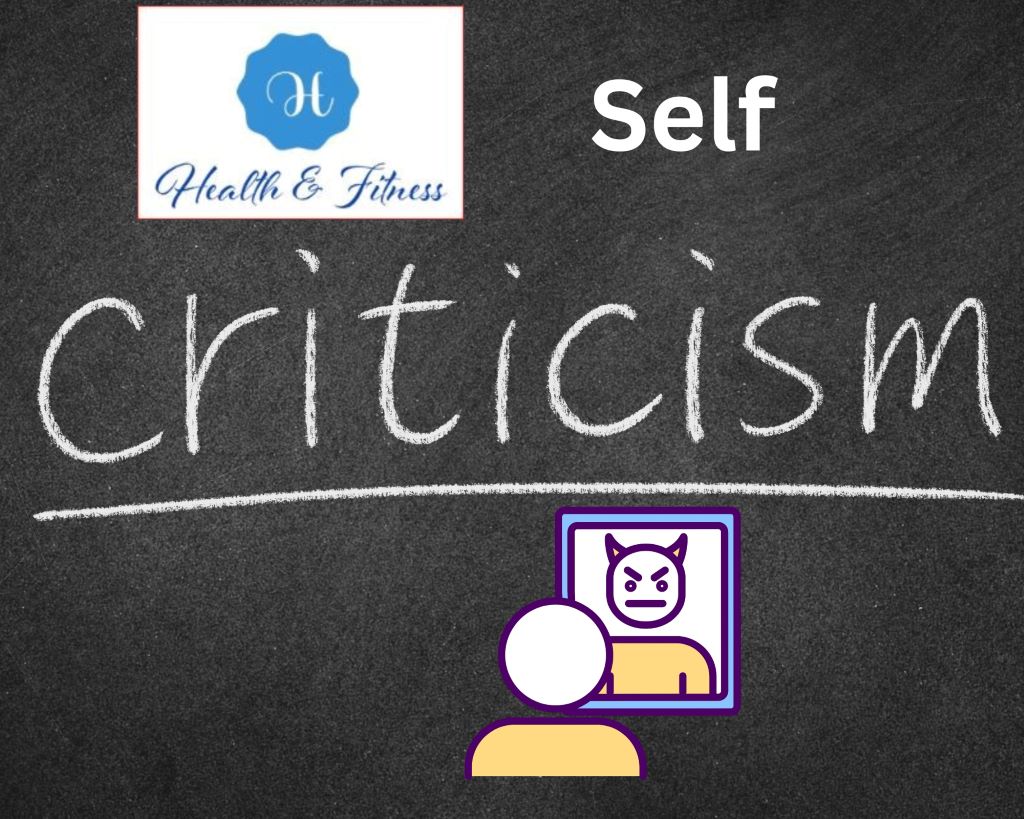Mental health:4 Sneaky Mental Traps that Slay Productivity
Unravel the secrets of productivity killers with these 4 sneaky mental traps. Discover actionable solutions for a more focused and efficient work routine. Boost mental health and effectiveness.
Mental health: The mental traps lead to distracted thinking on our part. This not only makes us less productive, but it also wastes the most valuable resource we have: time. Do you find that you frequently put off even relatively simple tasks because so many other responsibilities need to be finished before you can go on to the next one? Or do you allow yourself excessive time to worry about things outside your control?
The following are some frequent mental pitfalls, followed by the answer to each one that negatively affects mental health.
Mental traps 1. The worry is that they will repeat the present and the past.

This tricky mental trap involves succumbing to the belief that our past actions are a definitive predictor of our future behavior. For instance, if we’ve reacted angrily in a specific situation, we assume we’ll always respond the same way. This self-limiting perspective arises when we rigidly define ourselves and measure our actions against an unrealistic “ideal” standard.
Here is the answer for mental trap 1
Imagine asking for a rise, working out 30 minutes early, or taking charge of a collective project. Instead of obsessing about how you’ve failed at comparable things, convince yourself that the situation is fluid and adaptable.
. Think about the various outcomes that could occur.
The important thing is to keep one’s attention on constructive, unambiguous, and significant results. This is where we get our vitality, excitement, and inspiration from. It gives us the freedom to choose where we want to go, like getting a raise more significant than we asked for, being more productive after our morning workout, or doing a project so well that we get a promotion.
Mental traps 2. Self-criticism

Blaming yourself might make you feel you’re taking responsibility for something, but it’s just a way to avoid a problematic goal. This is self-criticism when we focus on the things we don’t like about ourselves instead of the things we can improve. It reinforces what we believe because it makes our minds go into overdrive, finding evidence to prove our objections wrong.
The solution for mental traps 2
It is to carry on a conversation with oneself. Let’s imagine you aspire to be a more encouraging team leader. But you think you can’t do so because you have a naturally negative disposition. It would help if you tried not to dwell on the fact that you are the most grumpy person you know (for example, “I get irritated easily and can’t stand people most of the time.”). Instead, focus your attention on making the change. If you lacked this trait, what would you do? What would it be like if you could wave a magic wand and never feel irritated, lethargic, or uninspired again? How would it look? “When a team member comes to me with the idea that they haven’t fully formed, I can discuss it with them rather than quickly shooting it down.” is a more favorable option.
. The label “grumpy” is not a step toward a solution; instead, it is a diversion. After it has eliminated the threat, you can shift your focus to a new issue that has to be resolved: forming a habit of creative problem-solving as an alternative to critical thinking.
Mental trap 3. The Effect That Mere Deficiency Has
The “tendency to prioritize urgency over importance” drives the “mere urgency effect,” as these studies show.
As stated above, “people may opt to execute urgent projects with short deadlines over significant tasks with bigger results., we often focus on the menial duty that will take us only five minutes to finish over the vital task that will take us several hours. As an example, consider email. A modern worker’s plight If you work in an office, you get about 100 texts daily. Over three hours a day, even if you can type out a response to every message in under two minutes. If you let it, it will eat up every spare minute you need for more crucial work.
Strategy for mental trap 3. Schedule time for concentrated work.
Using time limits can help us resist the temptation of mindless work.
Set aside time for hard work and tell family, coworkers, and anyone else who could annoy you to focus. Having your employer and coworkers see you as “indestructible” rather than a “slacker” can ease any guilt you may have had about not replying to emails every 30 seconds. If you schedule a project-focused period, you’ll understand everything else is a distraction. Don’t check email or do laundry when working from home.
Mental trap 4. It’s a Shame That Everything Wasn’t Completed.

Even if we are vigilant about managing our time and attention, there will inevitably be times when our productivity is low because we are not machines. Motivating yourself by making yourself feel bad about your lack of productivity is counterproductive. You may have beaten yourself up because you skipped your early morning workout and went back to bed instead. There’s also the possibility that you were more easily distracted than usual on this day. It would help if you did not accept responsibility for your actions. This toxic guilt will only make you feel even worse, and unfortunately, it may push you to seek even more distractions to escape the agony of shame.
Compassion for oneself as a solution for mental traps 4
Every person, at some point or another, must contend with distractions. The most important thing is to avoid the shame that hurts us while taking responsibility for our actions. People who practice self-compassion are better able to bounce back from setbacks because it breaks the stressful cycle that so frequently follows disappointment.
It is crucial to respond appropriately if you listen to the tiny voice in your head that sometimes picks on you and makes you feel bad about yourself. Please don’t give in to or argue with the voice’s demands. Instead, remind yourself that facing and overcoming problems is essential to growing up. It would help if you conversed with yourself as with a close friend. If we speak to ourselves as we would a buddy, we’ll see it. “This is what it’s like to grow better at anything,” “You’re on your way,” and other positive affirmations might help you overcome self-doubt. To-do lists promote damaging self-stereotypes because they continually remind you that you did not do what you claimed you would. A schedule builder constantly reminds you that you did what you said you would do, alleviating guilt.
How to steer clear of these things to maintain a “productivity mentality” and avoid a mental trap
Too many meetings, external triggers like workplace interruptions, and ineffective multitasking may hurt productivity. However, most of the time, we trip over our mental stumbling blocks. In his book “Mental Traps: The Overthinker’s Guide to a Happier Life,” psychology professor André Kukla delves into the concept of mental traps. He defines them as recurring patterns of thought that disrupt our peace of mind, consume significant amounts of our time, and deplete our energy without yielding any meaningful results (Mental Traps: The Overthinker’s Guide to a Happier Life). Mental Trap is a book by André Kukla that is highly entertaining and approachable. It is a catalogue of the common errors we make in our daily thinking patterns, how these habits affect our lives, and what we can do about them.
Conclusion
According to the results of some studies, only 26% of people regularly leave their jobs and have done everything.
They were supposed to do. Understanding the mental traps that keep us from focusing and finishing important work is a good starting step.



